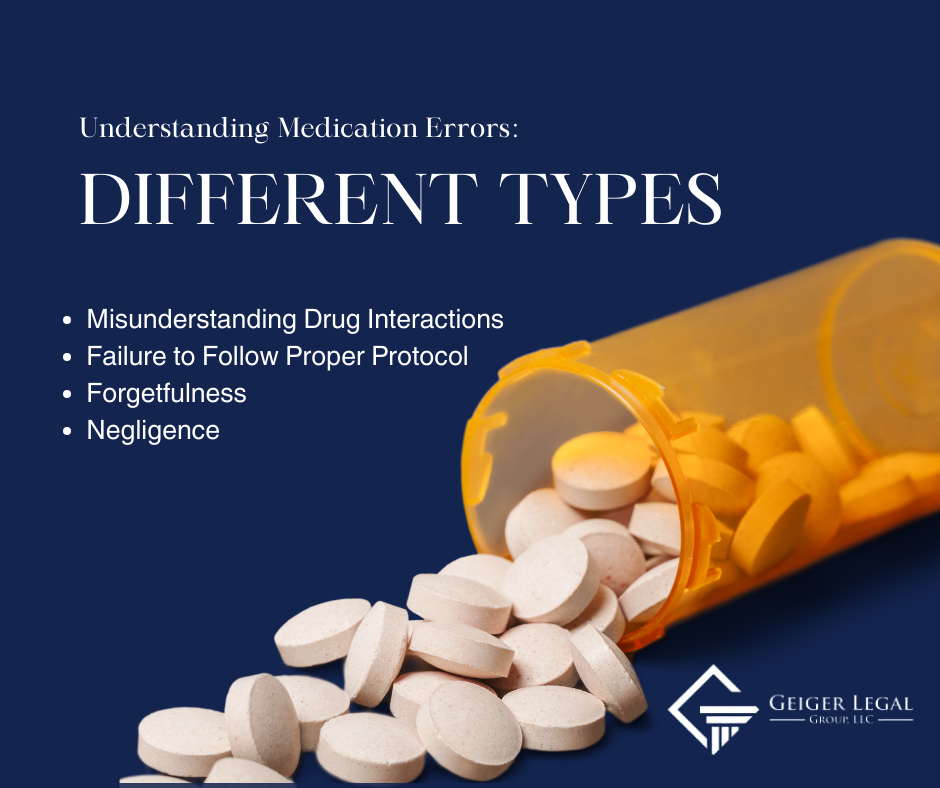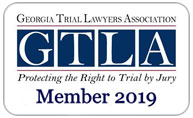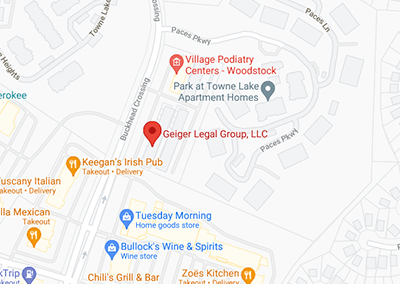Potential Mistakes
Based on the four types of medication errors above, below is a list of potential mistakes nurses and other long-term care staff might make.
- Administering the incorrect medication.
- Administering the wrong dosage of medication.
- Prescribing the wrong medication.
- Forgetting to cut medications when necessary or cutting them incorrectly.
- Administering drugs that have negative interactions.
- Administering a medication in the wrong way or at the wrong time.
- Using the wrong fluid or mixing medications incorrectly.
- Administering medications after they have expired.
- Administering medications too frequently or not enough.
What is Polypharmacy?
Polypharmacy is the concurrent use of multiple medications. This increases the risk of adverse drug events. Managing numerous medications simultaneously poses challenges in monitoring interactions and side effects.
Using too many drugs for one condition puts elderly patients at a greater risk for an adverse drug event (ADE). It can also lead to more frequent hospital admissions, cognitive impairment, negative drug interactions, and falls.
What are the Consequences of Medication Errors?
A major risk involved with a medication error is an adverse drug event (ADE), also called an adverse drug reaction (ADR). Most drugs carry risks such as side effects or potential reactions. Because of this risk, doctors and nurses are responsible for analyzing all the benefits and risks of a drug before prescribing it to a resident. An ADE can result in symptoms ranging from mild discomfort to life-threatening conditions such as allergic reactions, organ damage, or drug toxicity.
Doctors and nurses are also required to analyze a resident’s medical history, current conditions, and medications they are already prescribed.
Injuries or symptoms of medication errors might include physical injuries like:
- Falls
- Fractures
- Cognitive impairment
- Nausea
- Diarrhea
- Drowsiness
- Heart problems
- Seizures
- Confusion
- Agitation
- Abdominal problems
- Respiratory issues
- Coma
- Hallucinations
- Internal bleeding
- Death
Causes of Medication Errors in Canton Nursing Homes
The quality of care in a nursing home or other long-term care facility is often related to the staff-to-resident ratio. Understaffing increases the risk of medication errors because nurses and other nursing home staff are often exhausted, overworked, and lack proper training.
Below are some common causes of medication errors:
Poor Communication: Inadequate communication amongst healthcare professionals, caregivers, and pharmacists can result in misinformation or misinterpretation of medication orders.
Poor Records: Inaccurate or incomplete medical records contribute to errors in medication administration, as healthcare providers may not have access to comprehensive patient information.
Similar-Looking or Sounding Medications: Medications with similar appearances or names can be confused, leading to the administration of the wrong drug.
Lack of Proper Training: Insufficient training and education of staff members contribute to errors in medication administration and monitoring.
Preoccupation, Understaffing, and Poor Lighting: Overworked and preoccupied staff, coupled with inadequate lighting and understaffing, create an environment prone to errors.
Interruptions: Frequent interruptions during medication administration can result in distractions and mistakes.
Poor Risk Management: Lack of effective risk management strategies contributes to an environment where errors are more likely to occur.
What should Nursing Homes Be Doing to Prevent Medication Errors?
Proper training, adequate staffing, and keeping organized medical records are important steps in preventing medication errors. Other preventions nursing homes should have in place include:
- Proper training and ongoing education for staff.
- Effective communication.
- Proper management.
- Organized work areas.
- Implemented technology such as eMAR (electronic medication administration records).
- Standardized procedures.
- A well-lit environment.
- Manegabile shift times.
Is a Medication Error Considered Abuse or Neglect?
The determining factor of whether a medication error involves abuse or neglect is intent. Issues such as understaffed or poorly run facilities often lead to neglect. If a nursing home resident is being given unprescribed or incorrect medication to intentionally subdue them, it is abuse.
If you suspect your loved one has been improperly medicated or has had an adverse effect from a medication error administered by nursing home staff or a long-term caregiver, contact us today for a free, no-obligation consultation to discuss the details of your potential case. Call us at 770-802-1080 or fill out our free consultation form. We believe all long-term care residents deserve to live in a safe environment. We also understand that families deserve to have peace of mind that their loved one receives the best care possible.


















